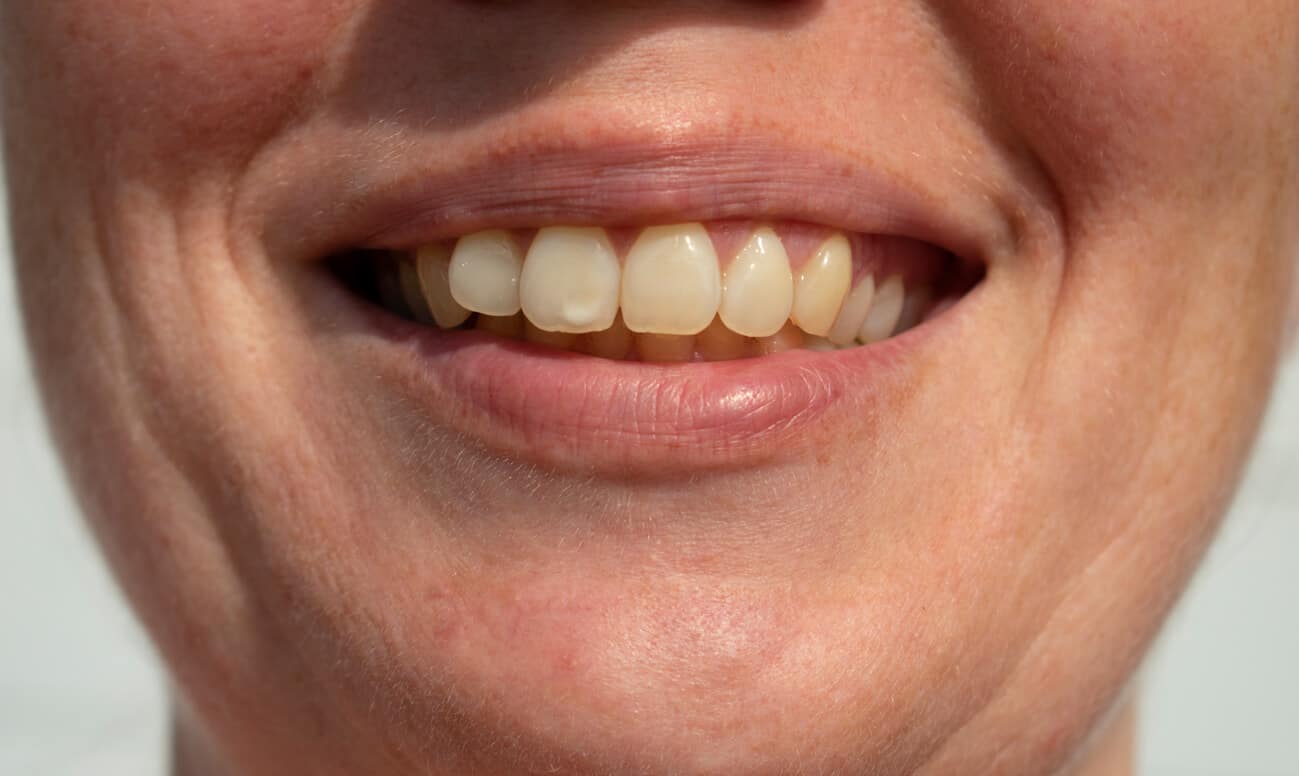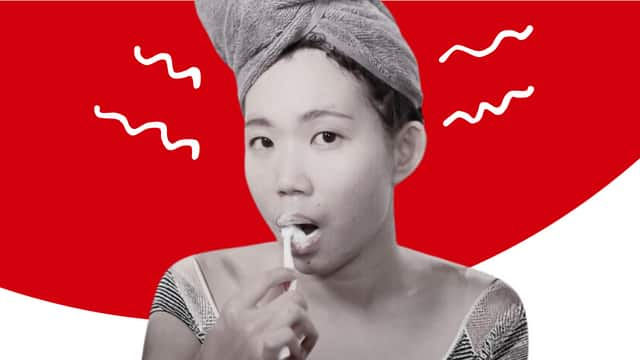-
-

ADULT ORTHODONTICS
Should You Use Mouthwash Before or After Brushing?Brushing and flossing are the foundation of a good oral hygiene routine, but mouthwash can also be a useful addition...

SELECTING DENTAL PRODUCTS
Soft Vs. Hard Toothbrush: Which One Should You Use?The toothbrush has come a long way. As the American Dental Association (ADA) notes...
-
Science & Innovation
- Oral Health and Dental Care | Colgate®
- Oral Health
- What Does A Cavity Feel Like?


Wondering if that tooth pain or sensitivity you feel is a cavity? 90 percent of adults have had a cavity, so it's a pretty common problem. If you're one of the lucky few who has never experienced tooth decay, you're probably curious about what a cavity feels like. The answer depends on the stage of decay. Read on to learn what cavities feel like and what you should do if you start to feel cavity pain.
How to Tell If You Have a Cavity
Cavities, also known as dental caries, form when the bacteria in plaque feed off the sugar from foods you eat and release acid. When not cleaned off quickly enough, this acid is strong enough to wear away your tooth's enamel. Because there are no nerves in the enamel, you probably won't be able to feel the cavity forming in the early stages of tooth decay. Once the decay progresses to reach the softer tissues inside the tooth where the dentin and nerves live, you might notice these signs of a cavity:
- Tooth pain or sensitivity. The dentin contains microscopic tubules filled with tiny nerve endings. When this area is exposed, your teeth can become especially sensitive to hot, cold, acidic, and sugary (sticky) foods and beverages. It also might cause a toothache or sharp pain when you bite down.
- Holes or pits in your teeth. When the enamel wears away, you may be able to feel a rough patch on your tooth with your tongue. These holes and pits can also catch food, and — depending on the size of the cavity — you may even be able to see the evidence of it in your mouth.
- Black, brown, or white stains. Sometimes the food or drinks you consume can cause surface stains on your tooth; however, cavities can also appear as white, brown, or black spots on your teeth. Yung mga itim-itim sa ipin mo... baka cavities na yan! When the bacterial acid first causes the tooth enamel to demineralize, the affected area may appear as a white spot, which can be healed. Over time and without treatment, the cavity will begin to look like a brown or black spot.
How to Treat Cavity Pain
If you think you have a cavity, you should make an appointment with your dentist immediately. Although cavities can be reversed in the earliest stages, only a dentist can treat them by the time you feel discomfort or pain. During your appointment, an x-ray will be taken to determine the extent of the decay. Depending on the severity of the cavity, you might need a filling. Very severe decay may require replacing the tooth with a crown, performing a root canal or extraction.
If you cannot see your dentist right away, try some of these home remedies and over-the-counter (OTC) medications to find temporary cavity pain relief while you wait.
- Rinse with warm saltwater. Try mixing a teaspoon of salt with 8 ounces of warm water and rinsing to clean food debris from the cavity and soothe inflammation. Avoid rinsing with hot or cold water since extreme temperatures can make cavity pain even worse.
- Swab the area with clove oil. Clove oil contains an active ingredient called eugenol that acts as a natural anesthetic and antibacterial to reduce inflammation in the mouth. Dip a small piece of clean tissue or cotton swab in the clove oil and gently wipe over the site of pain until it fades.
- Brush with a toothpaste for sensitive teeth. Use a soft-bristled brush and an OTC desensitizing toothpaste to block off the nerve endings in the exposed dentin.
- Take an OTC pain reliever. OTC analgesics like ibuprofen and acetaminophen can temporarily relieve cavity pain but check with your physician to determine if they are okay for you to use.
Even if you're not sure if you have a cavity, regular professional cleanings and dental visits are important. A dental hygienist can apply a fluoride treatment to strengthen the teeth and reverse the early stages of decay. They can also give you tips on the best ways to brush your teeth and advise which foods increase your risk for cavities. When it comes to cavities, taking preventative steps is a lot easier than treating the problem down the road.
Related Articles


Incipient caries are the beginning stages of a cavity. Find out more about incipient caries and how you can stop them in their tracks and avoid the drill.

Once upon a time, dental patients believed a toothache was caused by a tooth worm eating away their tooth from the inside out. Do tooth worms really exist?
Related Products

Helping dental professionals
More professionals across the world trust Colgate. Find resources, products, and information to give your patients a healthier future








